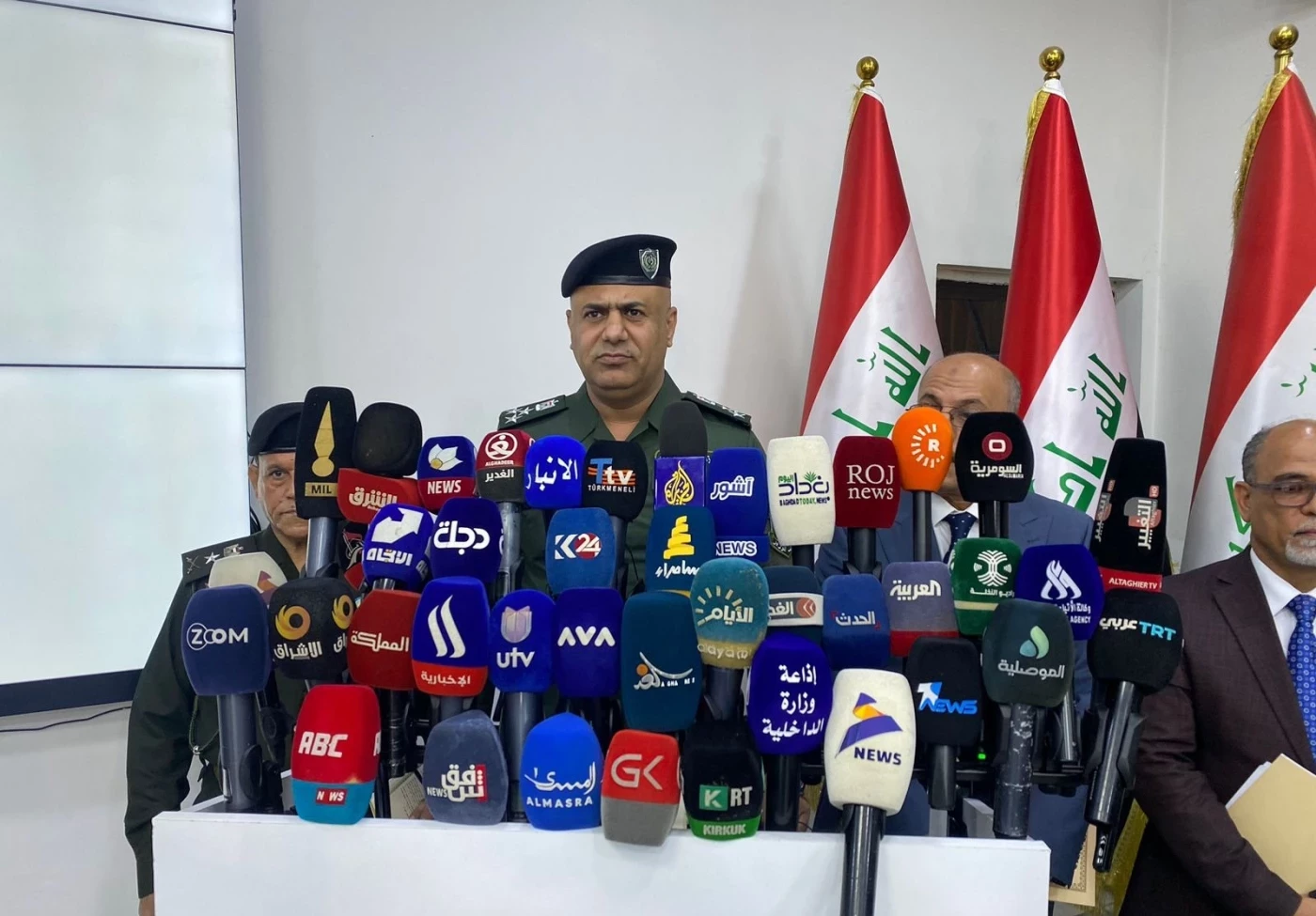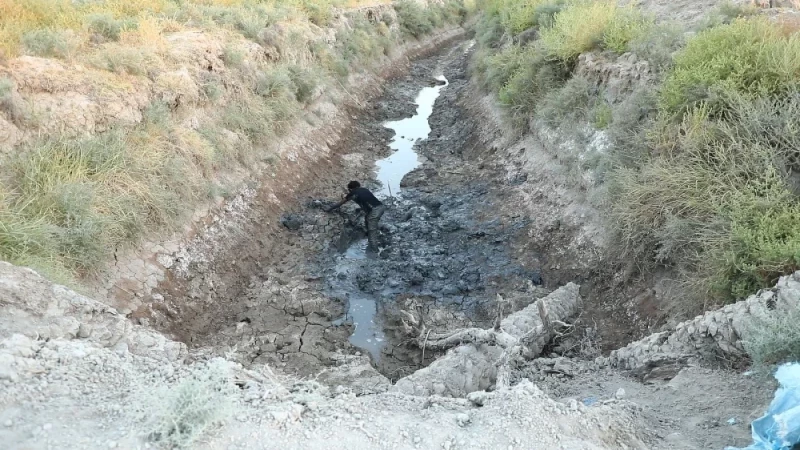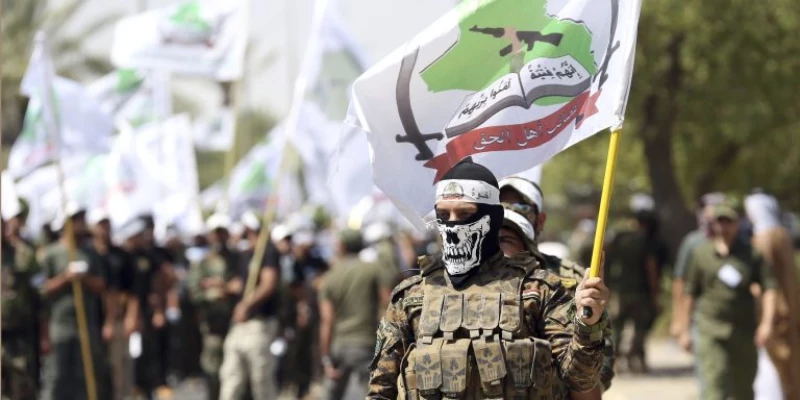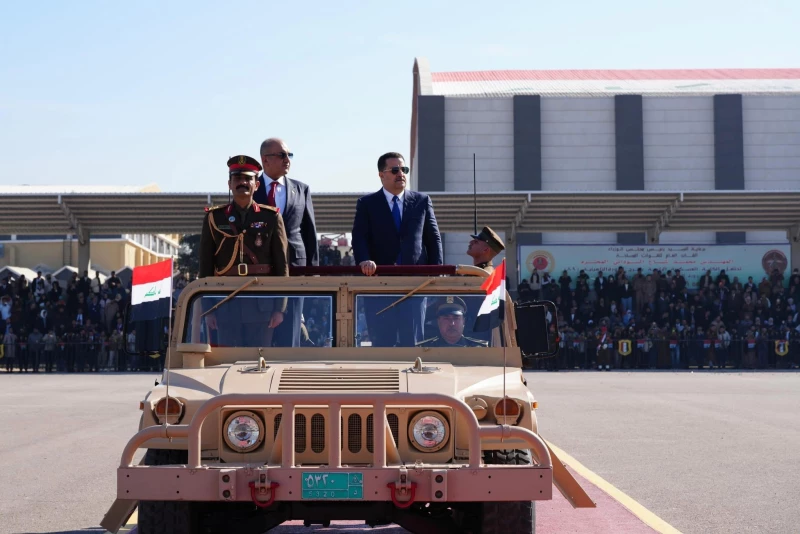ERBIL, Kurdistan Region of Iraq - A nationwide curfew during the general census will be imposed across Iraqi provinces, including the Kurdistan Region, from the night of November 19, lasting three days.
Iraq will conduct a general population census on November 20 and 21 - the country’s first since 1997. The process will include all Iraqi provinces, including the Kurdistan Region.
“Exceptions will be made only for those authorized by the Communications and Media Commission, health and medical personnel, and workers in international organizations,” Interior Ministry spokesperson Miqdad Miri announced in a press conference on Monday.
Miri said that the curfew is to "restrict the movement of citizens, cars, and trains between cities, districts, and the countryside, except in humanitarian and necessary cases to facilitate the movement of those assigned to conduct the census.”
The interior ministry spokesman said, “the goal is not to paralyze movement, but to facilitate the census, and we ask the citizens to cooperate with us.”
Iraq launched its first phase of the census in September by surveying and counting buildings and households.
During the same press conference Dhiaa Awad Kadhim, head of the Statistics and Geographic Information Systems Commission said “families must stay in their homes and cooperate with the enumerators."
Spokesperson for the Ministry of Planning, Abdul Zahra al-Hindawi, previously stressed that "the curfew is not for security reasons, but rather to implement the census accurately."
Unofficial figures put Iraq’s population at over 45 million.
Iraq had initially planned to conduct a population census in 2020 but was postponed due to the coronavirus.
The ethnicity question was a key problem between Erbil and Baghdad before conducting the population census. Following several protests, the Iraqi government in April decided to hold the census without surveying people on their ethnicities.
Yet, some Kurdish officials and Yazidi lawmakers have voiced concerns over the upcoming census, citing alleged attempts at demographic change in disputed areas such as Kirkuk and Sinjar.



 Facebook
Facebook
 LinkedIn
LinkedIn
 Telegram
Telegram
 X
X


